The North Carolina Department of Environmental Quality (DEQ)’s Division of Air Quality is currently accepting public comment on the state’s Draft Phase 2 Mitigation Plan to invest $67 million in Volkswagen Settlement funds. The Draft Phase 2 plan focuses on efforts to reduce pollution impacts while incentivizing zero emission vehicles and outreach to under-resourced communities.
The funds represent North Carolina’s share of the $2.9 billion federal settlement with Volkswagen (VW) due to its misrepresentation of diesel emission standards in certain vehicles. The Division of Air Quality was designated as the lead agency to manage the project in 2017 by Governor Roy Cooper, and Wilmington Trust officially named North Carolina as a State Beneficiary in January 2018.
Phase 1 Awards were announced in 2020 and the competitive application process resulted in 116 proposals for two grant programs: the Diesel Bus and Vehicle Program and the Zero Emission Vehicle (ZEV) Infrastructure Program. The awards included $12.2 million for school bus replacements, $6.1 million for transit bus replacements, $4.2 million for on-road heavy duty equipment such as refuse haulers, dump trucks and debris trucks, and $3.4 million for zero-emission vehicles DC Fast Charge stations.
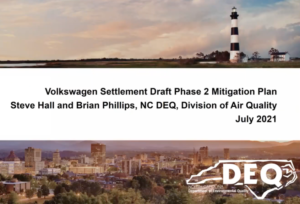 The NC Clean Energy Technology Center (NCCETC) partnered with the Division of Air Quality to host a series of public information sessions in July to explain the draft plan to those interested in receiving funds for eligible projects. The recordings and presentations from the public information meetings can be found online here.
The NC Clean Energy Technology Center (NCCETC) partnered with the Division of Air Quality to host a series of public information sessions in July to explain the draft plan to those interested in receiving funds for eligible projects. The recordings and presentations from the public information meetings can be found online here.
A series of in-person public information sessions will also be held for counties eligible in the Historically Under-Resourced Counties Outreach Program. Additional meeting dates, locations and times will be posted on the DEQ Volkswagen Program webpage.
The Historically Under-Resourced County Outreach Program is being developed by the DEQ to help counties that historically lack resources needed to effectively identify eligible vehicles for grant programs and submit quality applications. The DEQ’s Draft Phase 2 Mitigation Plan identifies 31 Historically Under-Resourced Counties eligible for maximum funding amounts allowed by the VW Mitigation Consent Decree.
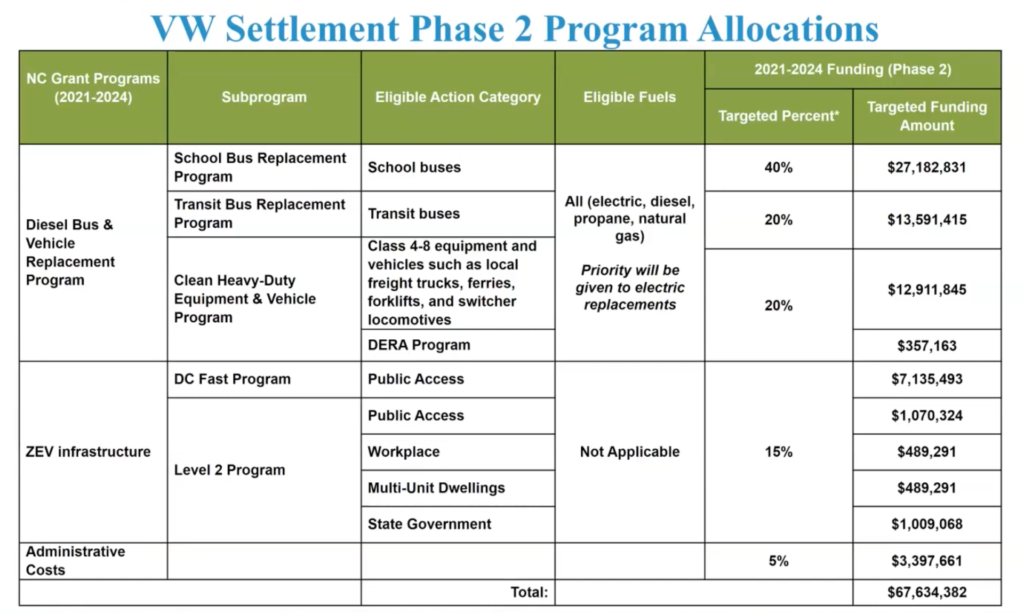 Public agencies as well as public/private partnerships will be eligible for Phase 2 funding. The Draft Phase 2 VW Mitigation Plan currently allocates 80 percent of funding to the Diesel Bus & Vehicle Replacement Program and 15 percent for the ZEV Infrastructure program. Through the Diesel Bus & Vehicle Replacement Program, 40 percent of Phase 2 funding will go towards replacing school buses, 20 percent of funding will be eligible for transit bus replacements and another 20 percent will be eligible for clean heavy-duty equipment and vehicle replacements.
Public agencies as well as public/private partnerships will be eligible for Phase 2 funding. The Draft Phase 2 VW Mitigation Plan currently allocates 80 percent of funding to the Diesel Bus & Vehicle Replacement Program and 15 percent for the ZEV Infrastructure program. Through the Diesel Bus & Vehicle Replacement Program, 40 percent of Phase 2 funding will go towards replacing school buses, 20 percent of funding will be eligible for transit bus replacements and another 20 percent will be eligible for clean heavy-duty equipment and vehicle replacements.
The DEQ’s ZEV Infrastructure program was designed to expand the state’s ZEV charging infrastructure network along priority designated corridors. Phase 2 proposes a dedicated allocation for light-duty charging projects and the DEQ plans to coordinate with the NC Department of Transportation to determine optimal locations for these EV charging stations for state fleet vehicles and attractions on state owned property.
“These funds from the VW Settlement represent an opportunity to advance clean and sustainable transportation in North Carolina,” said Heather Brutz, Finance & Operations Manager for NCCETC’s Clean Transportation program. “We encourage interested parties to read over the plan and submit comments on how this round of funding will be allocated.”
Comments on the Draft Phase 2 Mitigation Plan may be submitted online via Microsoft Forms or emailed to daq_NCVWGrants@ncdenr.gov. Voicemail comments will also be accepted at 919-707-8429.
All comments will be accepted until September 7, 2021 at 5 p.m.

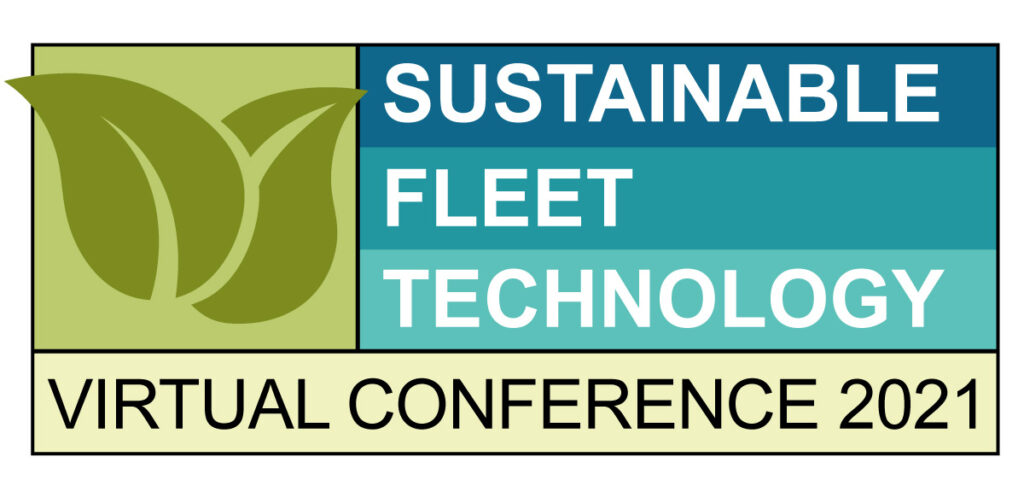
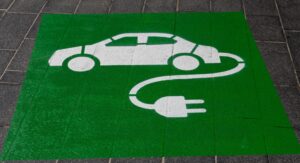 Currently, both public and private fleets in the United States are gearing up for an electric vehicle revolution as the transition towards vehicle electrification expands. Transitioning entire fleets away from conventional fuel vehicles, however, is a much more complex process than individuals deciding to go electric.
Currently, both public and private fleets in the United States are gearing up for an electric vehicle revolution as the transition towards vehicle electrification expands. Transitioning entire fleets away from conventional fuel vehicles, however, is a much more complex process than individuals deciding to go electric. Alternative fuels such as hydrogen and natural gas have proven to be viable ways for fleets to reduce emissions and help conserve fuel. Not only are alternative fuels featured in a session on fleet decarbonization, but attendees can also learn from success stories about propane autogas and natural gas applications in addition to a session focused on hydrogen as a transportation solution.
Alternative fuels such as hydrogen and natural gas have proven to be viable ways for fleets to reduce emissions and help conserve fuel. Not only are alternative fuels featured in a session on fleet decarbonization, but attendees can also learn from success stories about propane autogas and natural gas applications in addition to a session focused on hydrogen as a transportation solution.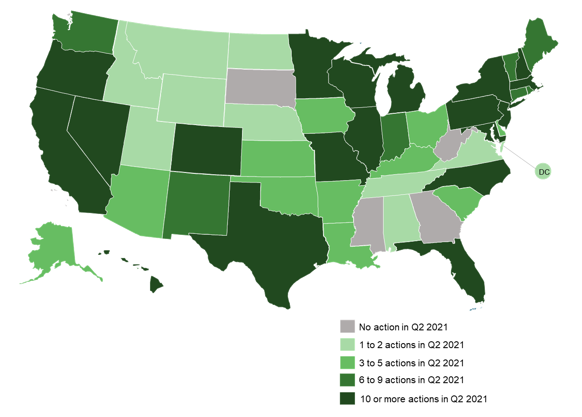
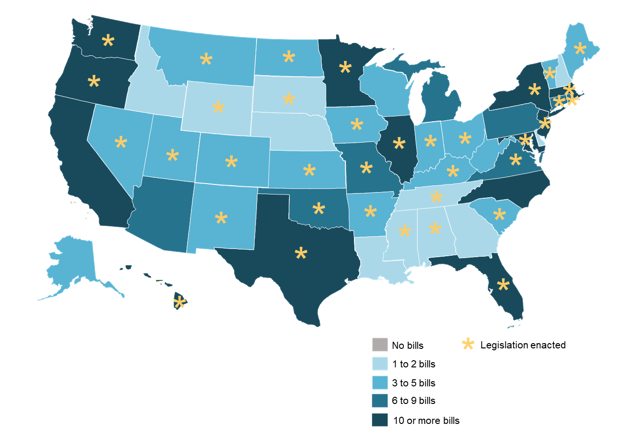





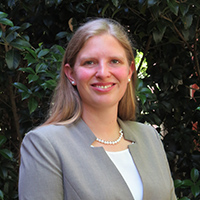 The clean transportation team also provides technical assistance in the form of training and fleet assessments. Heather Brutz, Finance and Operations Manager for the clean transportation program, was on a team that conducted a quantitative analysis evaluating the
The clean transportation team also provides technical assistance in the form of training and fleet assessments. Heather Brutz, Finance and Operations Manager for the clean transportation program, was on a team that conducted a quantitative analysis evaluating the  NCCETC’s staff helps to diversify fuel supplies, reduce emissions and support cleaner air and greater energy security. John Bonitz, a specialist on the clean transportation team, assists in administering federal funding through the
NCCETC’s staff helps to diversify fuel supplies, reduce emissions and support cleaner air and greater energy security. John Bonitz, a specialist on the clean transportation team, assists in administering federal funding through the 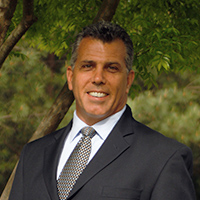 New transportation technologies are always on the horizon and U.S. fleets are currently in a frenzy to electrify, according to Richard Sapienza, Director of the Clean Transportation program. So, the clean transportation team recently hired two new clean transportation specialists. “I welcome the expertise and assistance of our two new hires, Lisa Poger and Alrik Lunsford,” Sapienza said. “Both have significant and relevant industry experience and can hit the ground running.”
New transportation technologies are always on the horizon and U.S. fleets are currently in a frenzy to electrify, according to Richard Sapienza, Director of the Clean Transportation program. So, the clean transportation team recently hired two new clean transportation specialists. “I welcome the expertise and assistance of our two new hires, Lisa Poger and Alrik Lunsford,” Sapienza said. “Both have significant and relevant industry experience and can hit the ground running.”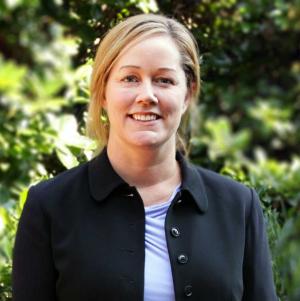 Lisa Poger, Senior Clean Transportation Specialist
Lisa Poger, Senior Clean Transportation Specialist Alrik Lunsford, Clean Transportation Specialist
Alrik Lunsford, Clean Transportation Specialist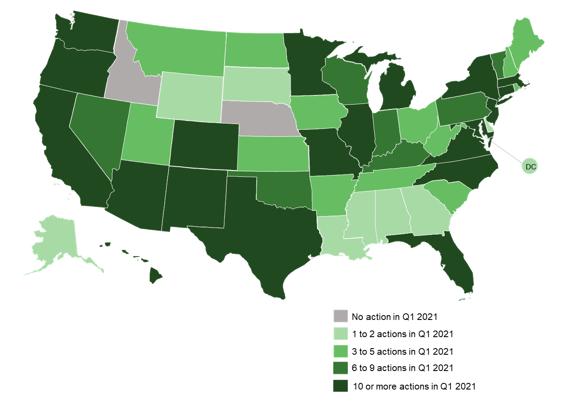
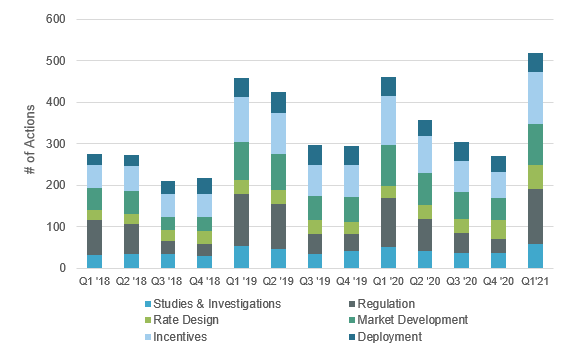





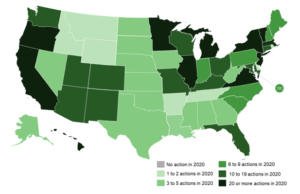 The
The 
